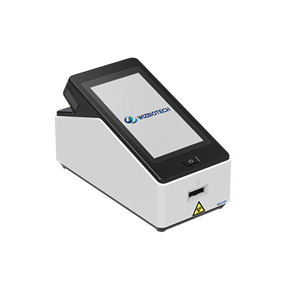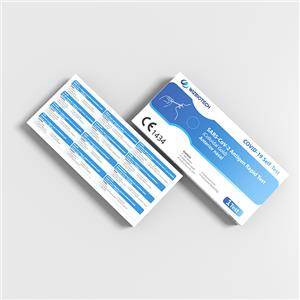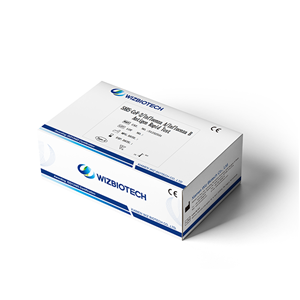Norovirus: What You Need to Know
Norovirus is a highly contagious virus that causes gastroenteritis, an inflammation of the stomach and intestines. It is sometimes referred to as the “stomach flu” or “winter vomiting bug” because it often occurs during the winter months and causes symptoms such as vomiting and diarrhea.
How is Norovirus Spread?
Norovirus is spread through the fecal-oral route, which means that it is passed from an infected person’s feces to another person’s mouth. This can happen when someone touches a surface contaminated with the virus and then touches their mouth, or when they eat food or drink water that has been contaminated.
Norovirus can also be spread through person-to-person contact, such as shaking hands or sharing utensils, and through airborne particles when someone vomits or flushes a toilet.
Symptoms of Norovirus
The symptoms of norovirus typically begin 12-48 hours after exposure and can last for 1-3 days. They include:
- Nausea and vomiting
- Diarrhea
- Stomach cramps and pain
- Headache
- Low-grade fever
- Muscle aches
In severe cases, dehydration can occur, particularly in young children, older adults, and people with weakened immune systems.
Preventing Norovirus
There are several steps you can take to prevent norovirus:
- Wash your hands frequently with soap and water, especially after using the bathroom or changing diapers, and before preparing or eating food.
- Avoid close contact with people who are sick.
- Stay home if you are sick.
- Clean and disinfect surfaces that may be contaminated with norovirus, such as doorknobs, countertops, and bathroom fixtures.
- Cook shellfish thoroughly before eating.
- Do not prepare food for others if you have norovirus or have recently recovered from it.
Treatment for Norovirus
There is no specific treatment for norovirus, but it is important to stay hydrated by drinking plenty of fluids. Oral rehydration solutions, such as Pedialyte, can be particularly helpful in replacing electrolytes lost through vomiting and diarrhea.
Over-the-counter medications, such as anti-diarrheals and anti-nausea drugs, can help alleviate symptoms, but they should be used with caution and only under a doctor’s supervision.
In summary, norovirus is a highly contagious virus that can cause gastroenteritis. It is spread through the fecal-oral route and can be prevented by practicing good hygiene and avoiding contact with infected individuals. While there is no specific treatment for norovirus, staying hydrated and managing symptoms can help alleviate discomfort.




